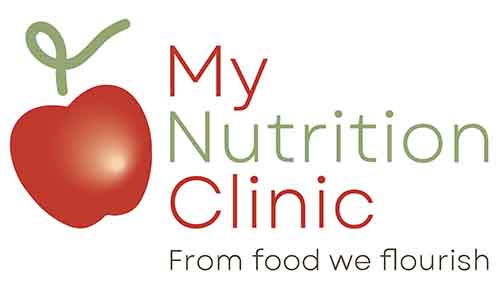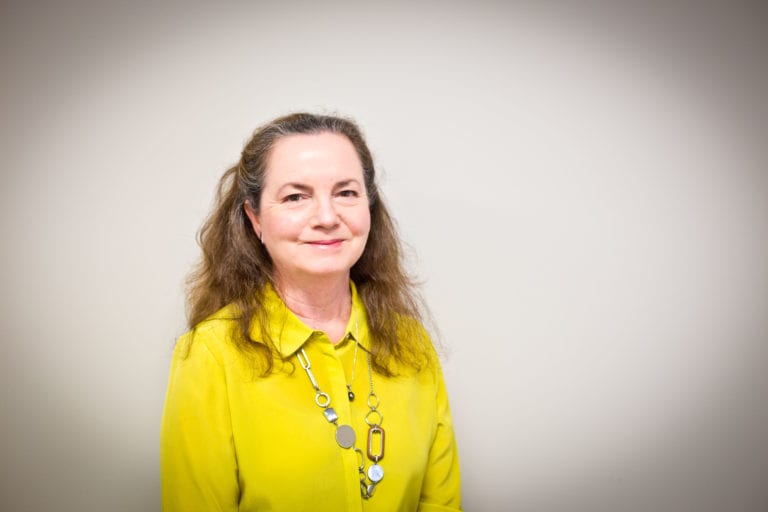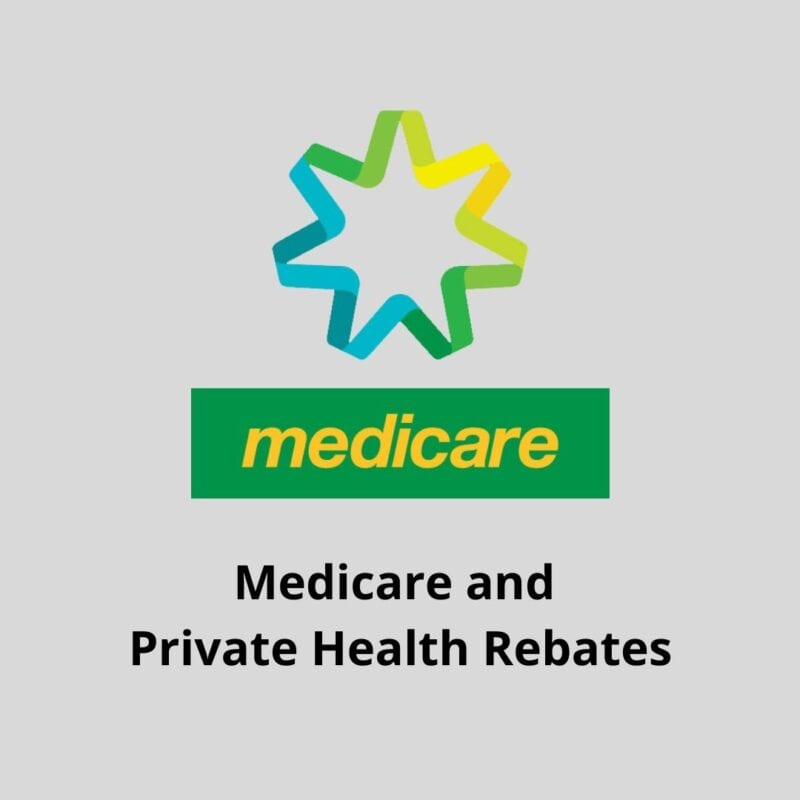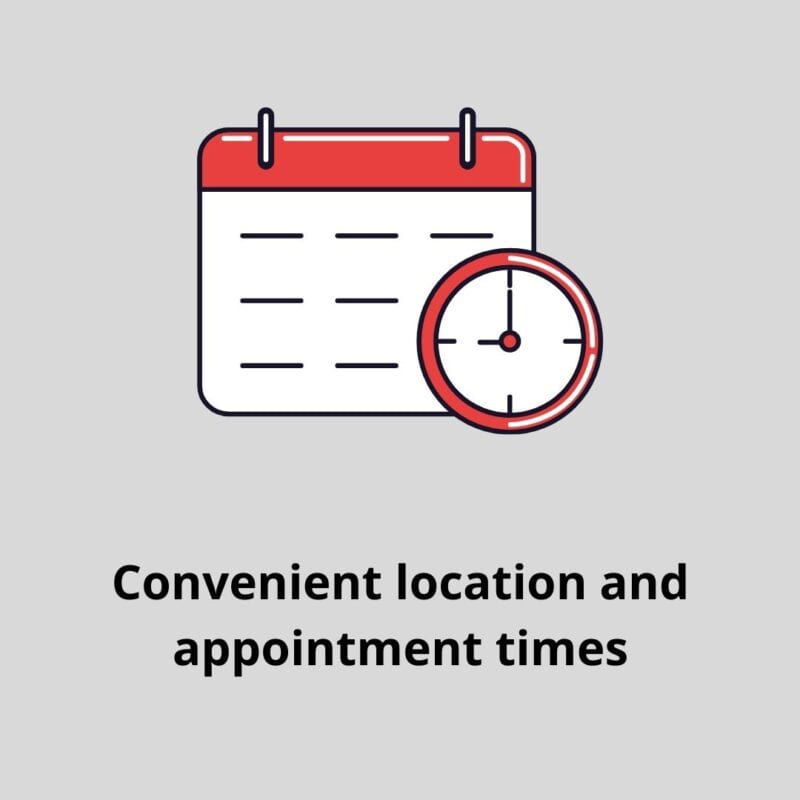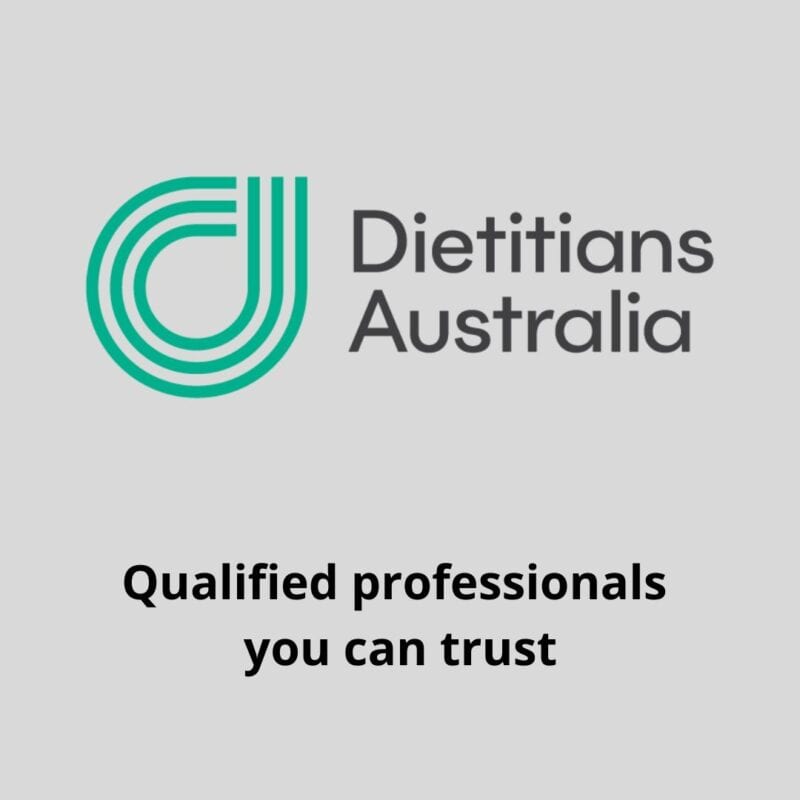Those with an eating disorder may find it more challenging to effectively participate in psychological intervention if their brain is starved. We help you fuel your mind so that it is able to flourish and recover.
If you don’t have a Dietitian on your treatment team, here are five reasons to include one:
Challenge the diet culture – Restrictive and prescriptive diets have become the norm in our lives and are highly celebrated in the media. A dietitian can help clients develop a greater awareness of these messages as well be able to view them with a more discerning and critical eye. We support you to be able to identify messages that are mis-labelled as healthy and question their value and credibility. Identifying those unhealthy messages early can prevent restrictive eating patterns.
Support flexible eating – We believe on focusing on foods to add rather that restriction. Restricting food puts it up on a pedestal and increases our desires and cravings for it. We help you understand that food is neither “good” nor “bad”. Likewise, you are neither “good” nor “bad” for eating them. We help you see all food as simply food – food with a potential to nourish our body and bring a sense of satisfaction and even joy! Dietitians are experts in nutrition and can give you the confidence to reject diet myths by helping you develop a deeper understanding about how food is used within the body.
Understanding and enhancing health – It is difficult to see how well your food intake is meeting your nutritional needs. A dietitian understands food and your body at a nutrient level and provides guidance on how to gradually increase the nutrient density of your diet. Good nutrition forms the foundation that your body sits on. It enables your body to function at it’s best and last the distance. Poor nutrition is a weak foundation for building recovery on. It can lead to cracks appearing over time or when you are under stress. Nutrition is often silent and easily overlooked so we help you have a greater understanding of the true holistic value of food (and not just the calories) and how to achieve the right balance to reach your full potential.
Understand weight – There is the potential to be healthy at every size. We don’t question or try to change the size of our feet or our hands, as we believe that these are determined and appropriate for our body. Likewise, your body’s natural weight and shape are something that can not be forced to change without ignoring your body’s natural appetite and fullness signals.
Listening to our bodies – We all start life instinctual eaters where we feel free to express and act on our body’s needs without guilt, shame or second guessing. These natural signals can be blocked and even lost over time when we repeatedly ignore them. We help you become aware of your body’s natural cravings for healthy and nourishing foods and the many benefits this brings. Through this, not only do we liberate clients from the prison of dieting, we complement the great work that mental health practitioners do in assisting clients to pay attention to their emotions, utilise them as important sources of information, and take action that is empowering and honours their worth as a human being.
